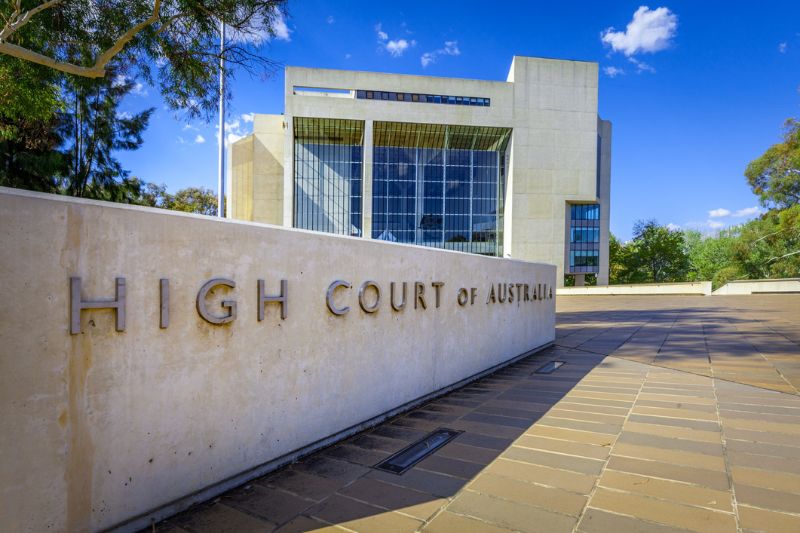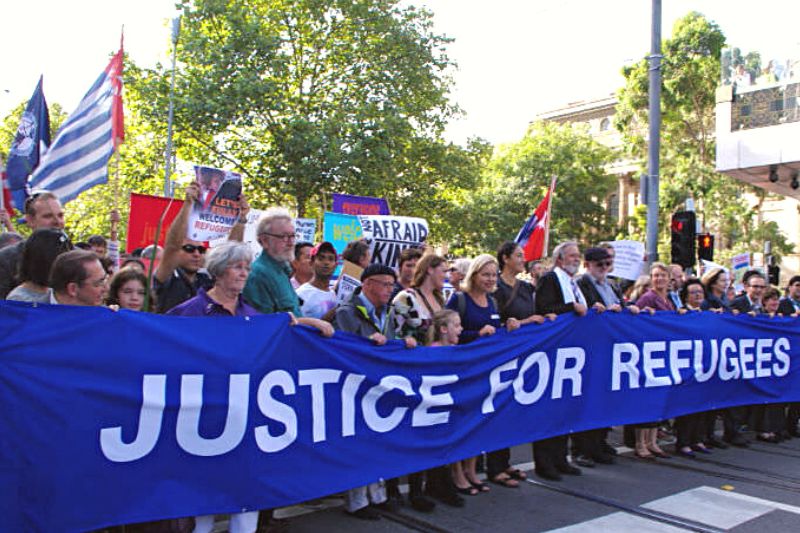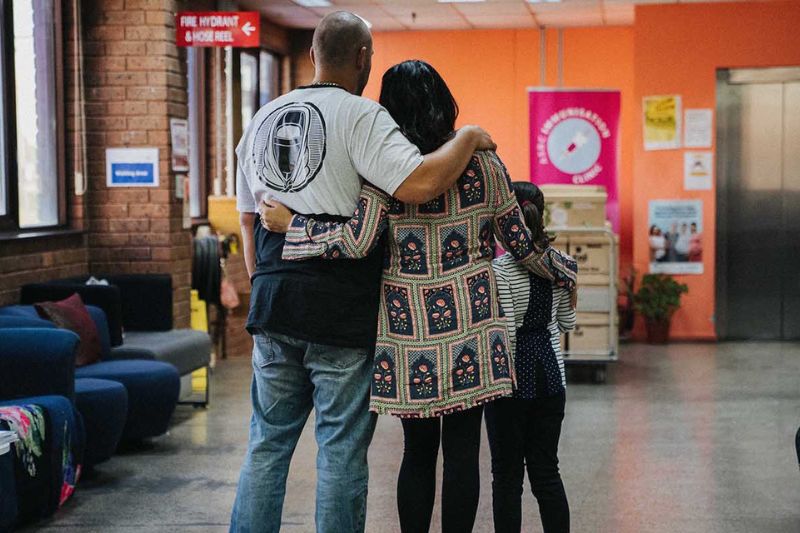Keywords: Temporary Protection Visas
-

AUSTRALIA
- Kerry Murphy
- 04 January 2024
Throughout recent decades of Australian history, the stance every government has taken on asylum seekers has reflected the shifting political landscapes and challenging humanitarian issues that have continually shaped Australia's response to those seeking refuge.
READ MORE 
-

AUSTRALIA
- Frank Brennan
- 04 December 2023
8 Comments
Last month, the High Court overturned a controversial 2004 decision, reaffirming the principle that asylum seekers cannot be detained indefinitely without prospects of deportation. This ruling not only corrects a historical misstep but also reasserts the High Court's commitment to limiting executive overreach.
READ MORE
-

AUSTRALIA
- Kerry Murphy
- 28 July 2023
How has Australia's asylum seeker policy changed over the past thirty years? The approach of every government has reflected the shifting political landscapes and challenging humanitarian issues that have continually shaped Australia's response to those seeking refuge.
READ MORE 
-

RELIGION
- Andrew Hamilton
- 03 April 2023
6 Comments
Easter is a story of unlikely victory, which underlies the hope that inspires Christians to link the Palm Sunday March to the plight of refugees and to walk with them. This hope acknowledges the power of evil in the world which drives people out of their country, yet it refuses to be intimidated by such evil or to allow it to pass unchallenged.
READ MORE
-

AUSTRALIA
- Andrew Hamilton
- 16 February 2023
After years of intense debate, Australia has now offered permanent residence to people with Temporary Protection Visas (TPVs), which caused great suffering and were part of a deterrence policy. However, this decision is just an incremental step towards a more humane refugee program that respects secure borders and the humanity of people seeking protection.
READ MORE
-

AUSTRALIA
- Kerry Murphy
- 16 February 2023
1 Comment
A Valentine’s Day present from the Minister for Immigration for those on temporary protection visas is a much-anticipated relief for approximately 19,000 refugees in Australia. And while a solution is welcome for these refugees, there remains around a further 10,000 whose status and future is uncertain.
READ MORE